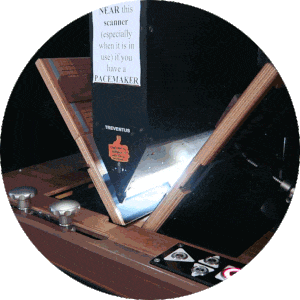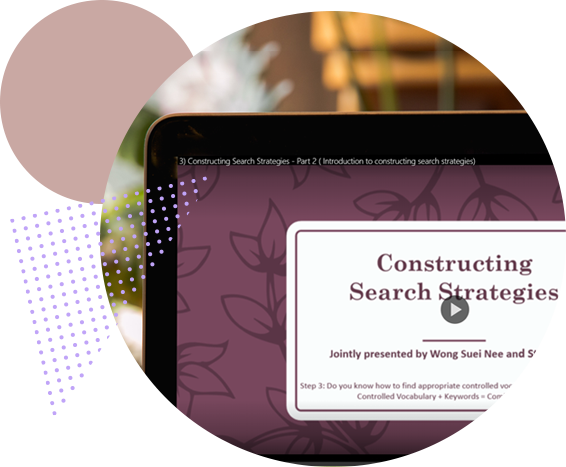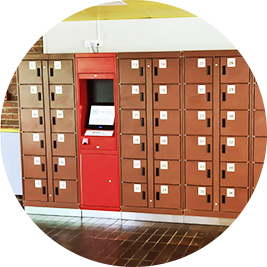Herman Ronald Hochstadt, or hrh as he is more fondly known, is honoured with the NUS Distinguished Arts and Social Sciences Alumni Award in 2015, and the Distinguished Alumni Service Award in 2019. Hrh is a strong supporter of NUS Libraries. His late
wife, Peggy Wai Chee Leong-Hochstadt, was the first Chief Librarian of NUS Libraries.
His memoir, titled "lives & times of hrh", is a highly personal, warm and witty account of his life, with a focus on his public service career. It gives a first-hand account of how he worked with Dr Goh Keng Swee, Mr Lee Kuan Yew and
other Pioneer Generation leaders in laying the foundations for the key institutions of independent Singapore.
The
book was published by NUS Press, and jointly launched by NUS Press and
NUS Libraries. Proceeds will go towards supporting financially needy students.





















